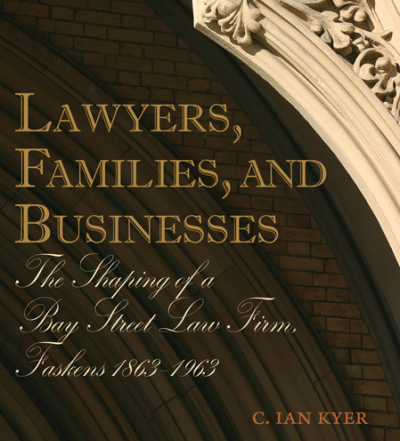http://www.vancouversun.com/index.html
Environmental interests must balance with job creation potential
VANCOVUER — As a Hollywood movie it would be titled Dead Mine Walking, according to a B.C. aboriginal group fighting a gold and copper development near Williams Lake.
In reality, the proposed New Prosperity Mine in the Cariboo-Chilcotin region is experiencing a “Take Two” moment, undergoing its second federal environmental review. An earlier Prosperity mine proposal, put forward by Vancouver-based Taseko Mines, was rejected back in 2010 by a similar federal panel.
The company has since overhauled its plans, pledging to preserve nearby Fish Lake, which it previously planned to use as a tailings pond repository. Taseko notes it is spending $300 million to mitigate impacts on wildlife and habitat in the area.
The company hopes such measures will help it win the nod from the review panel, which consists of an environmental assessment specialist from Calgary, a community consultation expert from Sidney, and a Victoria geologist.
























